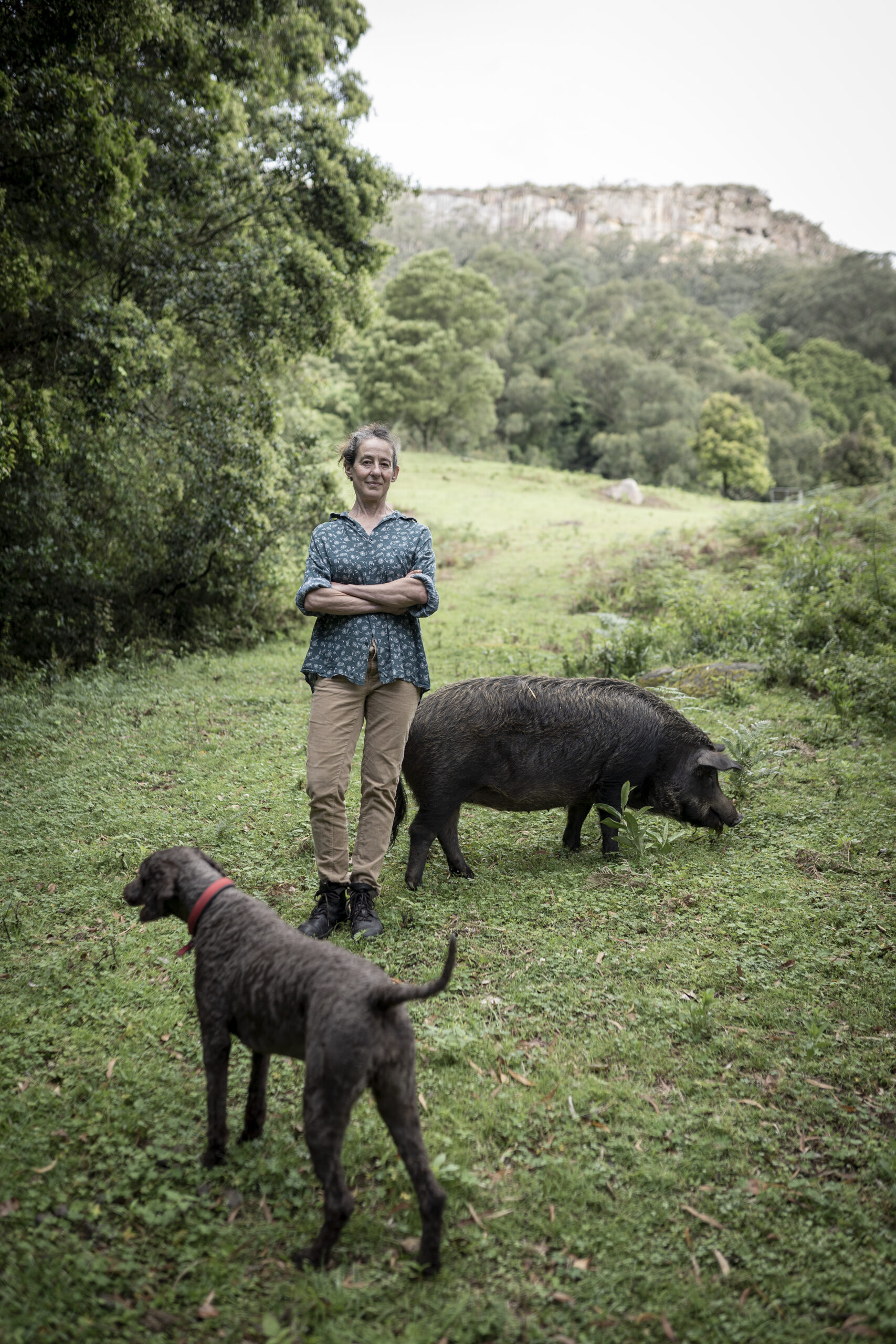1st June 2018; University of Edinburgh
Organisers: Krithika Srinivasan, University of Edinburgh & Karen Bickerstaff, University of Exeter
Keynote speaker: Prof. Claire Jean Kim, University of California, Irvine
These times that have come to be christened the Anthropocene are characterised by two contradictory but connected features: 1) the extensive and significant negative impacts of human activity on the planet; and 2) social action for the environment/nature. Such social action can be seen most obviously in environmental and animal advocacy movements in different parts of the world, but also in less visible everyday practices of coexistence and care. Despite the widespread prevalence of a diversity of environmental and related activisms, the dominant portrayal of social action for nature or animals is that of an elite, middle-class activity, often with adverse implications for social justice. This workshop problematizes the dominant narrative of environmentalism/animal advocacy as always already bourgeois. It investigates forms of non-elite action as essential for meaningful change in society-nature relations.
Specifically the workshop explores the complex relationship between social difference (race, class, caste, ethnicity, ability etc.) and nature to identify and examine discourses and practices of environmental and animal protection action that trouble narratives of elitism. For this, we welcome presentations that critically discuss different forms of non-elite action in the fields of environmentalism, conservation and animal protection. These could include everyday practices by people from non-elite social groups or organized mobilizations at varying scales that explicitly engage with intersections between environmental/animal and other social justice movements. These could also take the form of conceptual discussions of intersectional approaches to social, ecological and animal justice, or analyses of ecological or animal protection interventions that address ecological and/or animal issues in manners that are cognizant of the vulnerabilities of marginal human groups. Presentation themes could encompass a wide range of domains – from working-class environmentalisms to the relationship between homeless people and their companion animals, and from the conservation activities of indigenous communities to alliances between environmental/animal and other social justice movements. We do not wish to impose limits or restrictions on what non-elitist environmental or animal protection action might look like or entail.
This workshop has a specific interest in bringing together perspectives, approaches, case studies, examples, and knowledges that tend to remain unnoticed and under-examined. We encourage submissions from practitioners (e.g., environmental/animal/social justice groups and movements) as well as from within the social sciences, humanities and allied fields. The workshop stems from and seeks to broaden the ambit of a research project on working-class environmentalisms, establishing networks for collaboration and knowledge-exchange.
Please submit an abstract of 200 words and a short speaker biography to Krithika Srinivasan (k.srinivasan@ed.ac.uk) by the 23rd March 2018. Limited support for travel from within the UK is available for presenters.


